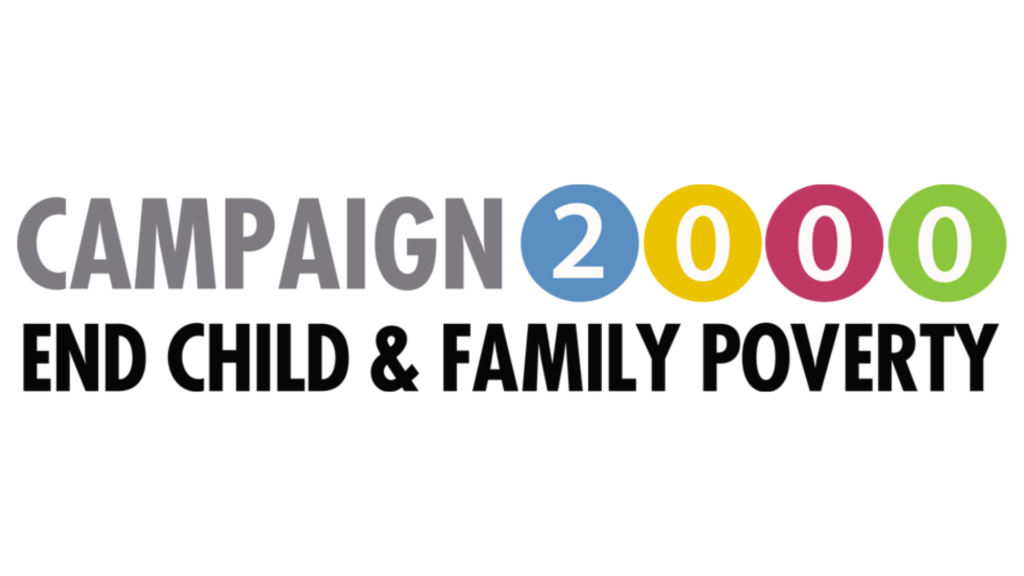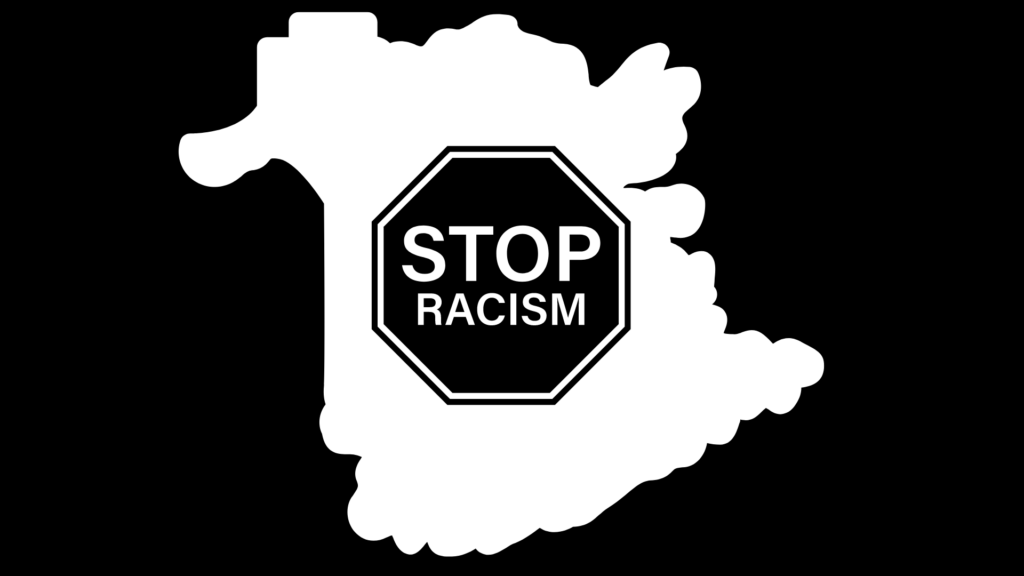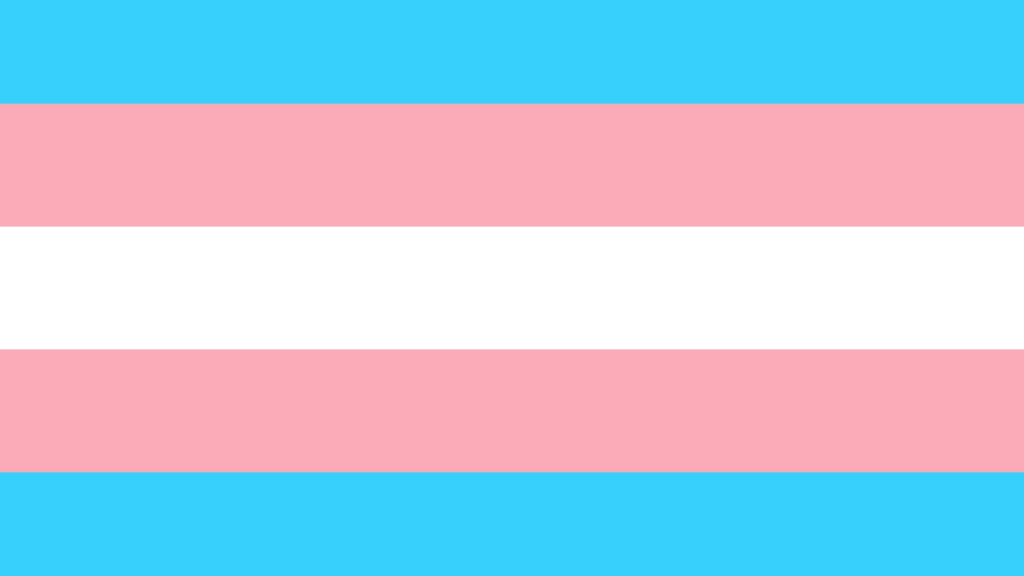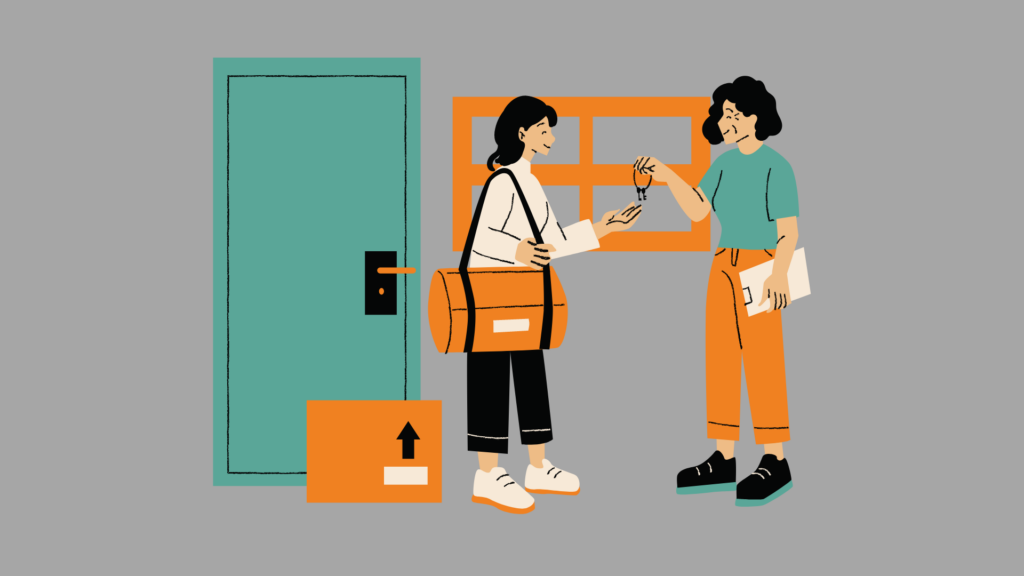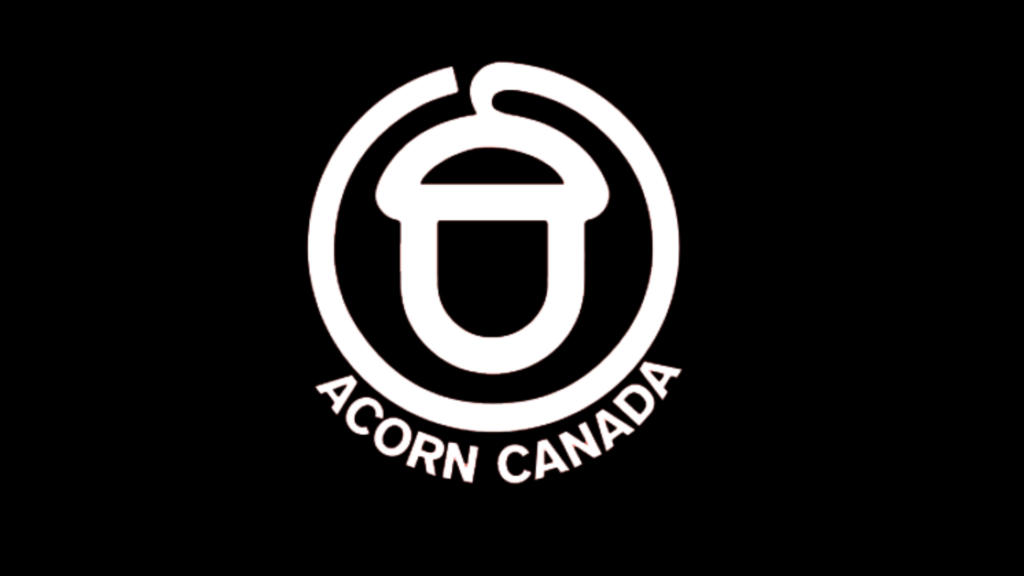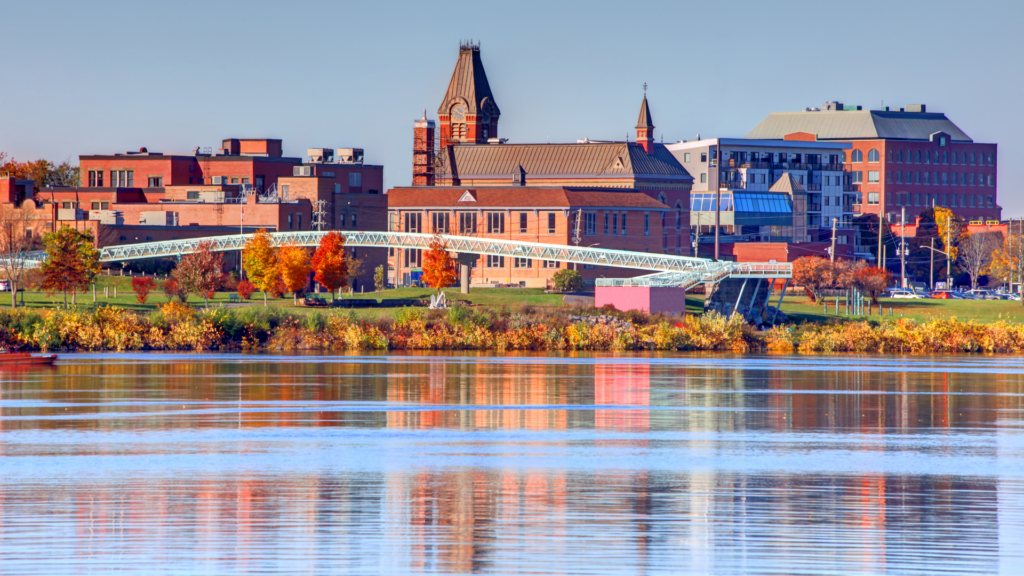When you think of New Brunswick, Canada, what comes to mind? Is it the lackluster nightlife, crumbling roads, soaring gas and grocery prices, exorbitant rent, or the low minimum wage? These issues all stem from a common problem that has plagued the province for years: poverty. New Brunswick is one of Canada’s poorest provinces, with the lowest employment and literacy rate in all of Canada. This unfortunate title has led to some very pressing issues that don’t seem to be getting any better.
Social Assistance Rates:
One of the most pressing concerns that come with being one of the poorest provinces in Canada is the abysmally low social assistance rates. As of 2022, New Brunswick had the lowest social assistance rates in all of Canada, offering a meager $8,031 annually to single adults deemed employable. To put this into perspective, Quebec and our neighbours on Prince Edward Island provide over $15,000 per year.
Robert Mckay, an advocate with the “Common Front for Social Justice” expressed his frustration in an interview with CBC, stating, “New Brunswick is the bottom of the barrel… I didn’t realize the discrepancy, that the same human being, and I am that human being in New Brunswick, receives $8,000 to live on because I really can’t make it independently on my own.” he also stated, “I thought we’re the same human beings and we’re all Canadians.”
The Anti-Poverty Rally:
Many New Brunswickers echoed Robert’s thoughts on Tuesday, October 17th, the International Day for the Eradication of Poverty. Peaceful protests occurred in front of the Fredericton Legislative Building. The march was organized by several groups, including the New Brunswick Common Front for Social Justice, NB ACORN, The Canadian Union of Public Employees (CUPE), and the NB Coalition of Persons with Disabilities. Notable attendees included members of the Green and Liberal parties, along with over 70 participants.
The main goal of the protest was to call out Blaine Higgs for his apparent lack of initiative in addressing the housing crisis. Echoing the sentiments of many in the province, NB ACORN wrote, “MLAs on their way to work passed by protesters demanding rent control, a raise to the minimum wage, and that more affordable housing be built.”
The Minimum Wage Challenge:
New Brunswick holds the unenviable position of having the second-lowest minimum wage in Canada. The stagnation of this wage rate over several years has made it exceptionally challenging for the working class to survive. Inflation has rapidly outpaced wage growth, forcing many New Brunswickers to rely on food banks to meet their basic needs. Moreover, with rent prices surging and no cap in sight, the spectre of homelessness looms over countless individuals and families.
Looking to the Future:
As the federal election approaches, these issues take center stage. The statistics make it clear that New Brunswick is in the midst of an affordability crisis. The recent rally serves as a clarion call to policymakers, demanding immediate change. The hope is that this outcry is not ignored and that the province can work toward a brighter, more affordable future.
In the absence of meaningful reforms, the prospect of further protests remains on the horizon. New Brunswick’s citizens are yearning for change and are determined to fight for a more equitable and affordable way of life in the province.


